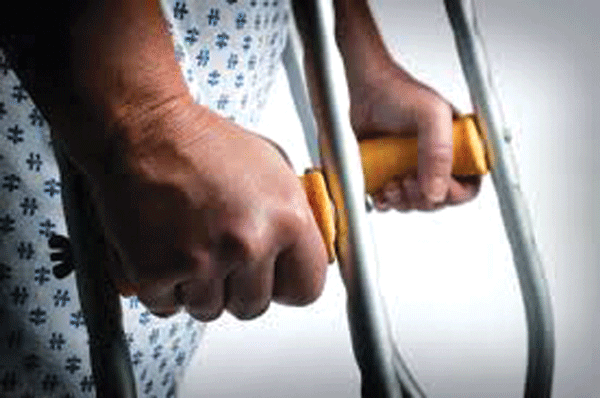CHINHOYI – ONE of the key challenges in universities is ensuring inclusivity so that
students with disabilities do not feel they are being left behind.
A survey reviewed at the recent graduation ceremony held at the Chinhoyi University of
Technology (CUT), highlighted that if the University has a disability policy, it should
have been spelt out in terms of enrollment, welfare and support services.
If it has a disability policy what are the contents within that disability policy, how
inclusive is it in addressing the needs of students or learners with disabilities.
Mashonaland West Province, acting chairperson of Hope in Motion, who also works
with the Organisation of Persons with Diasbilities, Pedzisai Mangayi, said one of the
main challenges faced by universities is that they might be enrolling students, but when
it comes to students with disabilities, they don’t have a disability policy to guide them on
how to handle students with disabilities. However, some universities do have such a
policy.
“If one goes to Zimbabwe Open University (ZOU) one sees that we finalised and
documented, when I was the National Student Representative Council (NSRC), national
president at that university. If one looks at the University of Zimbabwe (UZ) they even
went further. They have a disability resource centre, where children with disabilities get
access to services which are specifically for looking at them. I happen not to see any
disability resource centre at some universities.
“When it comes to National Disability Policy, one is going to see that one of the
challenges also includes recruiting staff with disabilities, because that it is where they
can get some ideas,” said Mangayi.
On the importance of inclusivity in institutions, Mangayi said they want to look into how
best they can develop a comprehensive disability policy for the institutions.
Samuel Sifani, a student from CUT, who recently graduated said as a person with
Albinism, he faced many challenges as he could not stay on campus because of the
high fees which he could not afford. Instead, he stayed in Gunhill.
“I also had problems with transport fares, which is why I walked long distances to
school. I had to walk from Gunhill to town, which was very long distance for me.
“Heat from the sun also affected me a lot. I walked long distances to school and walked
directly in the sun and this affected my skin. I also had terrible headaches and
sometimes could not go to school. I had all these problems and had no one to tell them
to, so I just kept quiet about it,” said Sifani.
Ashley Sithole, a CUT student who also recently graduated, said: “The first thing was on
accommodation; securing accommodation was a challenge for people living with
disabilities.
“There was also an issue of being ignored. None of our issues were taken seriously. For
example, I used to raise issues that people living with disabilities should be recognised
and take part in sports as well, but I only managed to contact a few because I got help
from the institution.”
Sithole said that lack of help from the able-bodied, meant they had to do most of their
things by themselves, “like at the canteen, I used to carry my food all by myself to the
table”.



